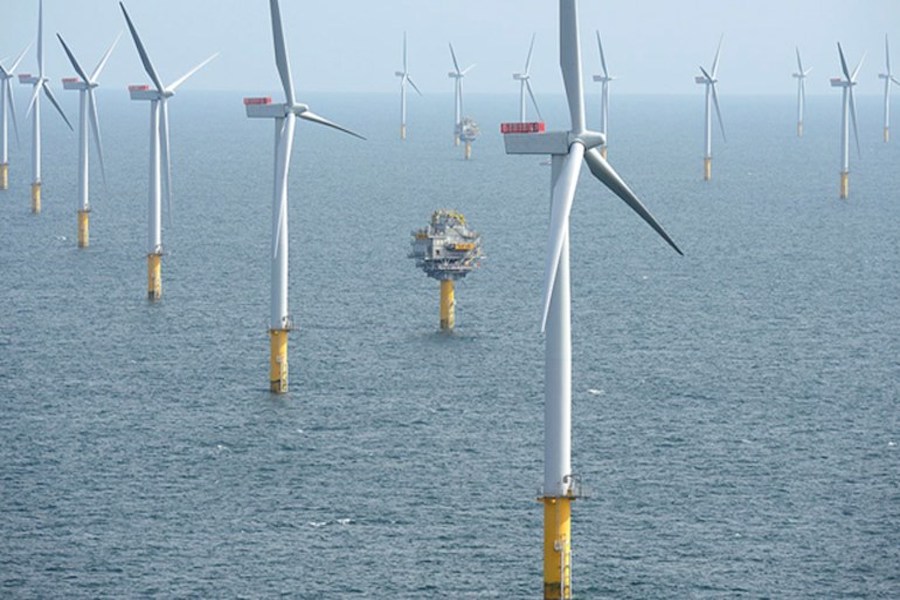Equinor Acquires Bałtyk I Interest

Norwegian energy major Equinor is to expand its interest in the offshore wind development project Bałtyk I in Poland, paving the way for future development at the site in the Baltic Sea.
The current Bałtyk I offshore location license allows for development of a wind farm with a capacity up to 1.56 gigawatts, and Equinor will manage construction preparation as well as potential construction and operational phases.
"This acquisition strengthens our presence in the Baltic Sea area giving opportunities for scale and synergies in a longer perspective,” said Jens Økland, Senior vice president for strategy and business development in New energy solutions in Equinor.
Breakbulk via Łeba
The project is expected to drive significant breakbulk activity in the construction phase via the port of Łeba, to the site about 81 kilometers offshore in water depths of 25 to 35 meters.
Equinor will acquire the stake from Polish Electric power distribution company Polenergia, and both partners will work towards a final investment decision.
“We are very pleased to further deepen our presence in Poland and to work with Polenergia, which is an experienced energy company with an in-depth knowledge of the Polish energy market.
Siemens Gamesa Target Foundation Cost Cuts
The outlook for offshore wind projects such as Bałtyk I continues to improve due to cost reductions, as a new project from technology developer Siemens Gamesa aims to cut the cost of offshore wind foundations by up to 30 percent.
The five-year project with the Aalborg University of Copenhagen, Denmark, will research a 1,000-ton gravity jacket foundation design that Siemens Gamesa Renewable Energy has already tested in Danish waters.
“One of the challenges of offshore wind energy is that the high cost of building offshore wind turbines has necessitated various governmental subsidies to improve the business case. While all forms of industrial power generation receive governmental support, whether from renewable, fossil, or other sources, our project aims at making offshore wind energy even more cost-effective without external financial support,” said Lars Bo Ibsen, professor at Aalborg University.
Photo: Offshore wind farm. Credit: Equinor


